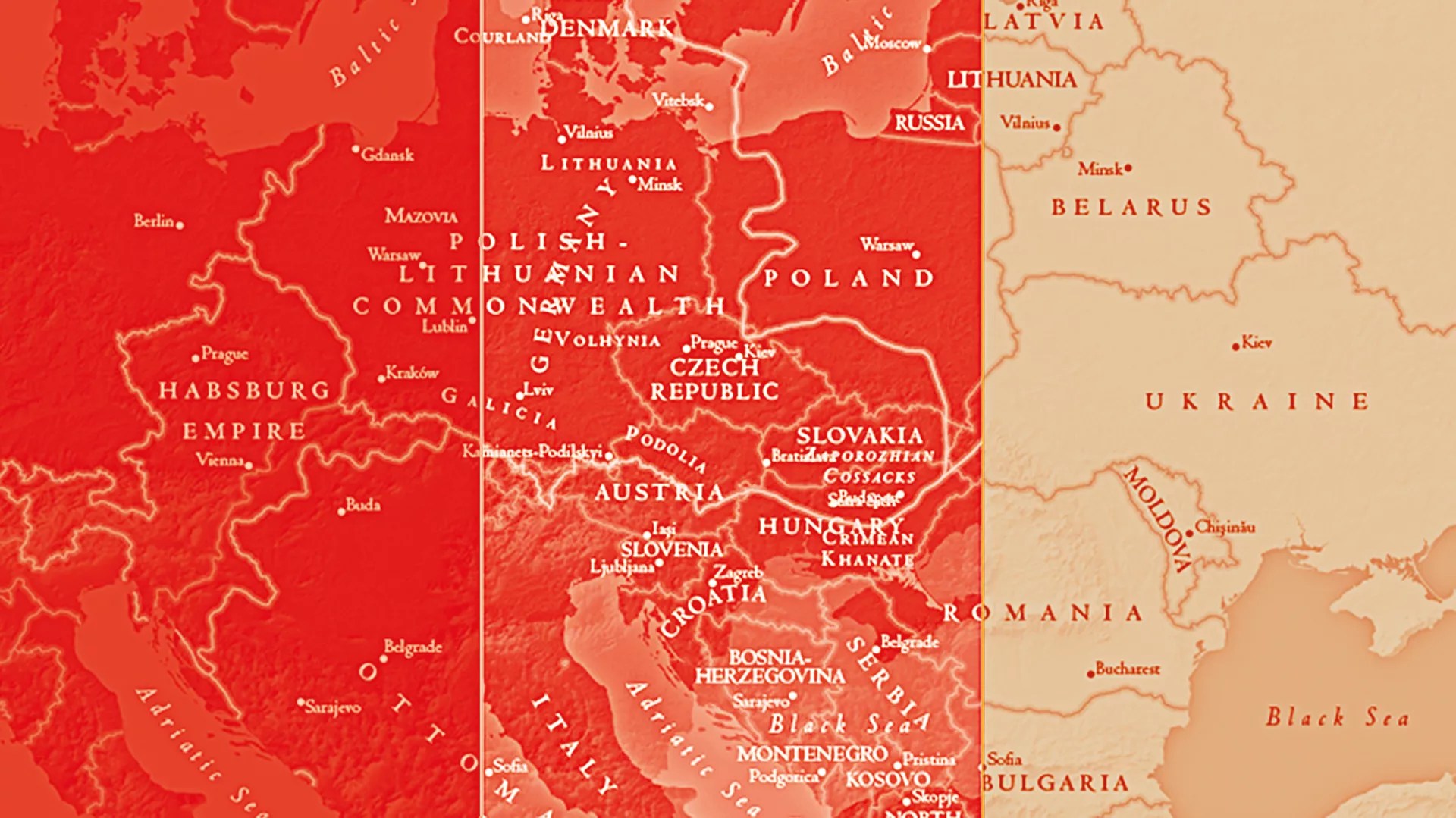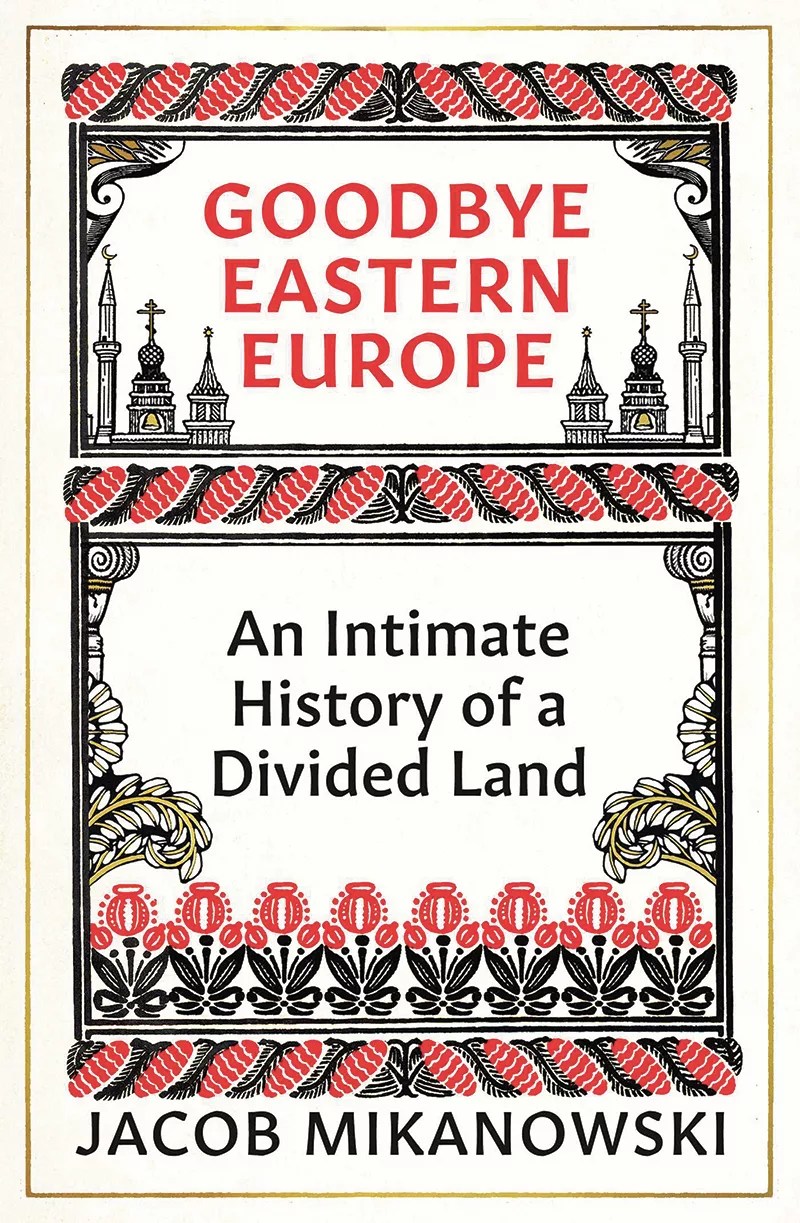I’ve been preoccupied with eastern Europe since childhood. I grew up between Poland and the United States. My parents arrived in America, separately, on tourist visas at the start of the 1980s. They stayed because of a political earthquake – the imposition of martial law by Poland’s communist leadership in December 1981. I was born nine months later.
My parents didn’t know much English when they arrived in America. Polish was their first language. Some of my earliest memories are of summers spent with my grandparents in Warsaw during the waning days of state socialism. I remember empty stores and Sunday streets with as many horse-drawn carriages as cars. A few years later, in 1993, I spent a year in Poland and attended a Polish school.
By then, the sleepy, dusty Warsaw of the 1980s had been replaced with an era of capitalist frenzy. Workers marched in the streets as their factories shuttered. Hyperinflation made the currency lose its value by the week. People lined up for the opening of the first McDonald’s like it was a concert by The Rolling Stones.
It was a chaotic time, but I liked the chaos. History felt closer to the surface in Poland. At my grandparents’ houses the table talk reached back across the years of Stalinism to what life was like before the war, in my grandfather’s shtetl in Lithuania and in the old Warsaw slums. The watershed of inherited oral memory stretched back even further, to the times of Czar Nicholas II and Emperor Franz Joseph I. Even the homes I was living in bore the imprint of the past. The outside of my grandfather’s apartment building was still riddled with bullet holes from World War II. Nothing could be more different than suburban Pennsylvania, where nothing predated 1975.
Those early years spent in Poland left me with a life-long fascination with the country and the surrounding region. I went on to study Eastern European history in college and in graduate school. But as the years passed, I sensed that fewer and fewer people seemed to share my interest. In academia, attention shifted to regions of greater geopolitical peril like the Middle East and China. In popular culture, eastern Europe increasingly become the butt of jokes and the subject of demeaning stereotypes. A student in one my friends’ classes even asked the professor if it was true that “eastern Europe is a grey place, where people hardly ever smiled”. The days of paying close attention to literature and art from what used to be called the “other Europe” – still common in the mid-1990s – seemed to be well and truly over.
- Language barrier: Our sheer ignorance about how Europe works is worrying
- Pawel Pawlikowski’s musical romance ‘Cold War’ finds love in a hopeless place
- Katyń: The forgotten massacre of World War II
Inside the region, people were fleeing the label as well. As time went by, various countries tried to shifted the official nomenclature, identifying themselves variously as parts of central Europe, the Nordic zone, the eastern Adriatic or eastern Balkans – anything but ‘eastern Europe’. A change was also happening on another level, on the ground. The sense of distinctiveness which used to pervade eastern Europe started to fade, a process which accelerated as the European Union began to expand east, starting in 2004.










